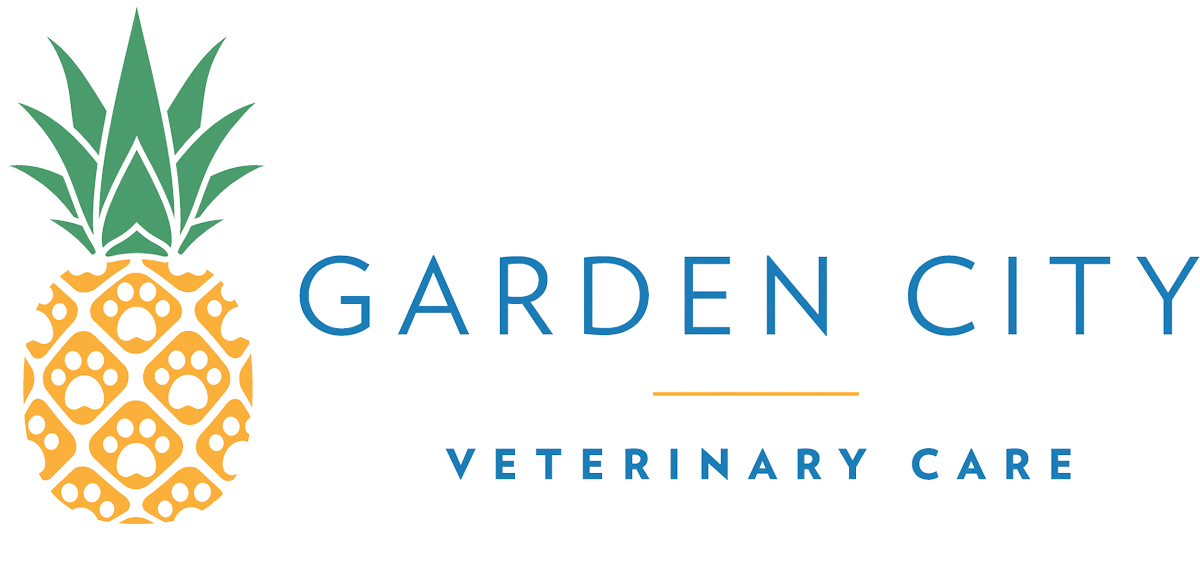When Does Your Pet Enter the Senior Phase?
For pet guardians, comprehending our furry companions’ aging journey is paramount. Understanding the moment they transition into their senior years empowers us to provide them with suitable care and assistance as they age. The aging process exhibits variability contingent on your pet’s species, breed, and size. Generally, dogs and cats are deemed seniors at approximately 7 to 10 years of age. However, it’s worth noting that larger breed dogs may undergo an accelerated aging process, marking their senior status as early as 5 to 6 years old. It’s imperative to remember that every animal possesses its unique aging trajectory, and the pace of this transformation can differ from one pet to another.
With advancing age, pets necessitate distinct forms of care. Senior pets may encounter health issues like arthritis, kidney ailments, or dental challenges. Establishing a consistent pattern of veterinary care is paramount for the timely detection and management of these concerns. Your veterinarian can also furnish invaluable counsel regarding nutrition and exercise regimens to preserve your pet’s vigor and mobility as they journey through their golden years. Furthermore, senior pets might derive considerable comfort from supplementary amenities such as orthopedic bedding or ramps, particularly if they encounter mobility impediments.
For many pet owners, realizing their beloved pet has transitioned into the senior phase typically dawns upon them when age-related transformations become conspicuous. These alterations can manifest through:
- A decline in vitality or mobility.
- Shifts in behavior.
- Alterations in eating habits or body weight.
Nevertheless, seeking veterinary care before these changes manifest visibly is prudent. The establishment of regular check-ups and preemptive care serves as a pivotal strategy to preserve your pet’s well-being and the timely identification of latent issues.
If you haven’t already done so, now is the opportune moment to schedule a comprehensive veterinary examination to discuss your pet’s health and the strategies to bolster their well-being as they embrace their senior years. Your veterinarian can also provide insights into the expectations for your pet’s aging process and the necessary adjustments to their care regimen. Detecting issues early and intervening promptly can significantly contribute to ensuring a prolonged and healthier life for your cherished senior pet.

